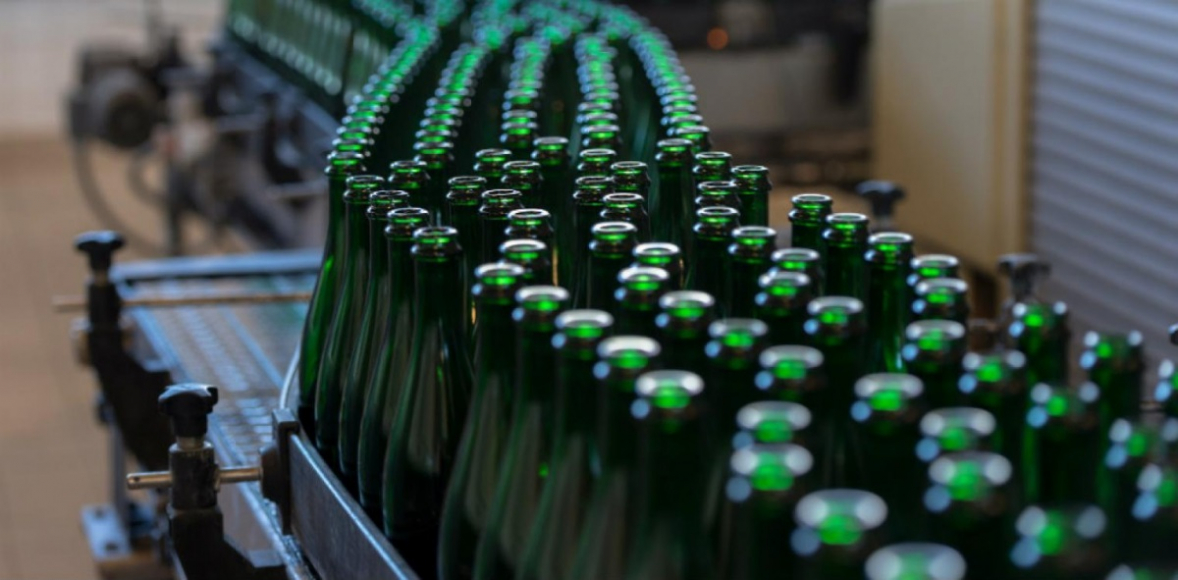While we at Antea Group believe strongly that EHS deserves a seat at the mergers and acquisitions table, we also understand that that’s not currently the case in every organization. It can be helpful to look to the food and beverage industry for inspiration, where many prominent companies are leading the way toward an integrated and strategic approach to M&A that incorporates EHS&S and increases business value.
Here are some of the top lessons all industries can learn from the food and beverage space:
1. Recognize Your Risk
Perhaps the most concrete benefit of this more holistic approach to transactions and acquisitions is in fully seeing, understanding, and planning for risk. From environmental issues (like water scarcity and quality) to operational risks (including carbon use, climate change exposure, and supply chain vulnerabilities) anyone can get burned, and the result can be significant disruption.
Considering environmental, safety, and social factors during due diligence makes a world of difference for integration planning, allowing companies to understand any risks and compliance gaps they are facing and thus accelerate integration and get back to business. During recent droughts in the U.S. and abroad, the potential and even reality of water rationing has affected the bottom line of many food and beverage companies. Before you invest in a production facility, it is imperative that you assess the local area resources, regulations, and vulnerabilities. Knowing about risks beforehand enables you to make smarter choices and minimize disruptions.
2. Safeguard Your Brand
Across all industries, but particularly in food and beverage, brand reputation and consumer perception are increasingly critical, and avoiding brand risk is vital to the health and strength of the business overall. Including EHS and sustainability in your due diligence gives you the opportunity to ask: Does the target have existing issues that could impact your brand? What about each individual facility? What will it require to meet your standards? A few years ago, major beverage companies came under attack in India from allegations of water overuse that resulted in wells drying up for local farmers. The situation was very complicated, and even though the companies were technically not at fault, there were still major negative PR hits and some plants were even closed, leading to tens of millions in revenue loss.
Considering how prominent many food and beverage companies’ environmental and sustainability efforts are now, it’s clear that consumer perceptions have real impact when it comes time to make a buying decision.
3. Be Smarter at the Table
An expansive view of due diligence leads to better business planning, more informed negotiations, and better deals. By thinking beyond the purchase price to include the anticipated costs of integration and acquired risk, you ensure that the price really is right. The alternative here is aiming to keep the due diligence process as cheap as possible, but this is short-sighted. The smarter, more strategic approach is to think beyond the purchase price to understand your true acquisition cost and how this transaction will fit into your big-picture business strategy.
Remember, risk is the key component to evaluate during the due diligence process, with the results being used to negotiate purchase terms, but do not overlook opportunities to add value. By fully understanding the overall status of a target facility’s sustainability/ resiliency, the buyer may find areas where added value can be extracted after the sale, saving them money in the long run.
Knowledge is Better than Luck
The stakes are high, with business continuity and reputation preservation on the line each time you go to the deal table. Food and beverage companies are already reaping the benefits of including EHS in due diligence and throughout the integration process, but these forward-thinking companies can also serve as a helpful example to any industry.
Ready to talk about your upcoming transactions? Contact us today.
Want more news and insights like this?
Sign up for our monthly e-newsletter, The New Leaf. Our goal is to keep you updated, educated and even a bit entertained as it relates to all things EHS and sustainability.
Get e-NewsletterHave any questions?
Contact us to discuss your environment, health, safety and sustainability needs today.





